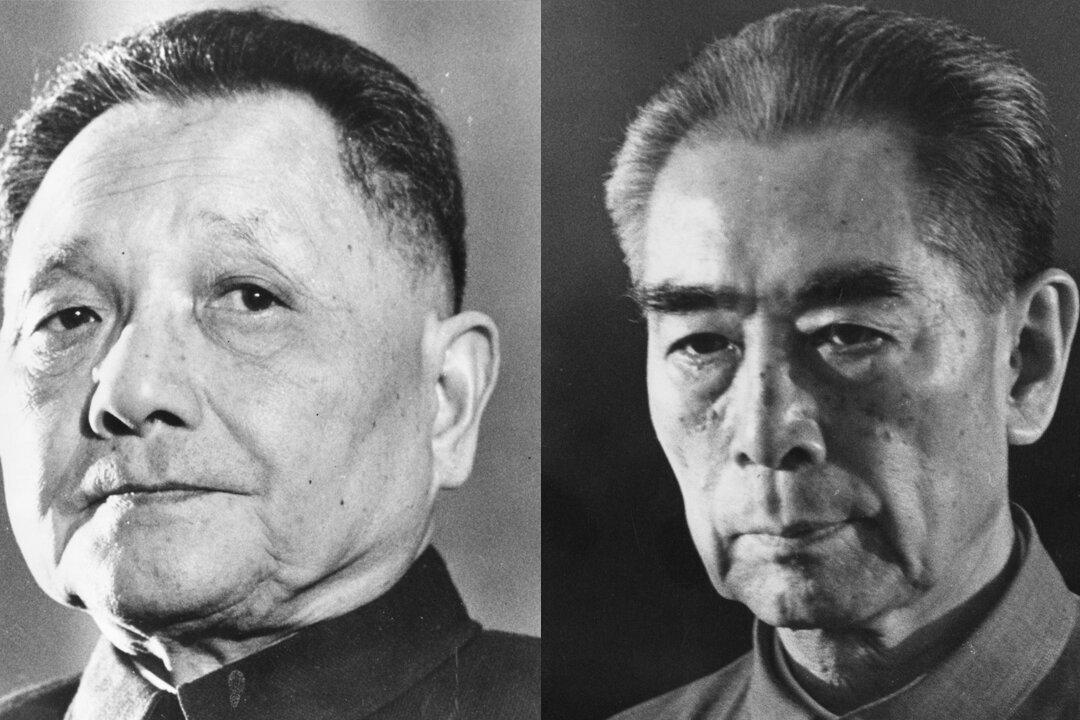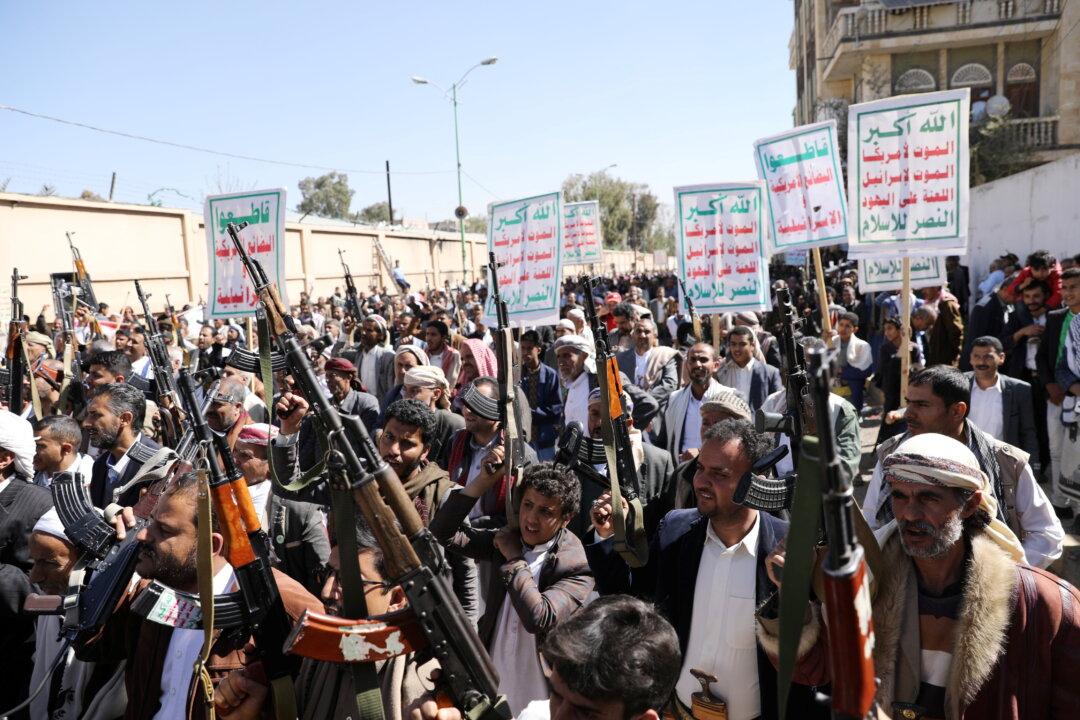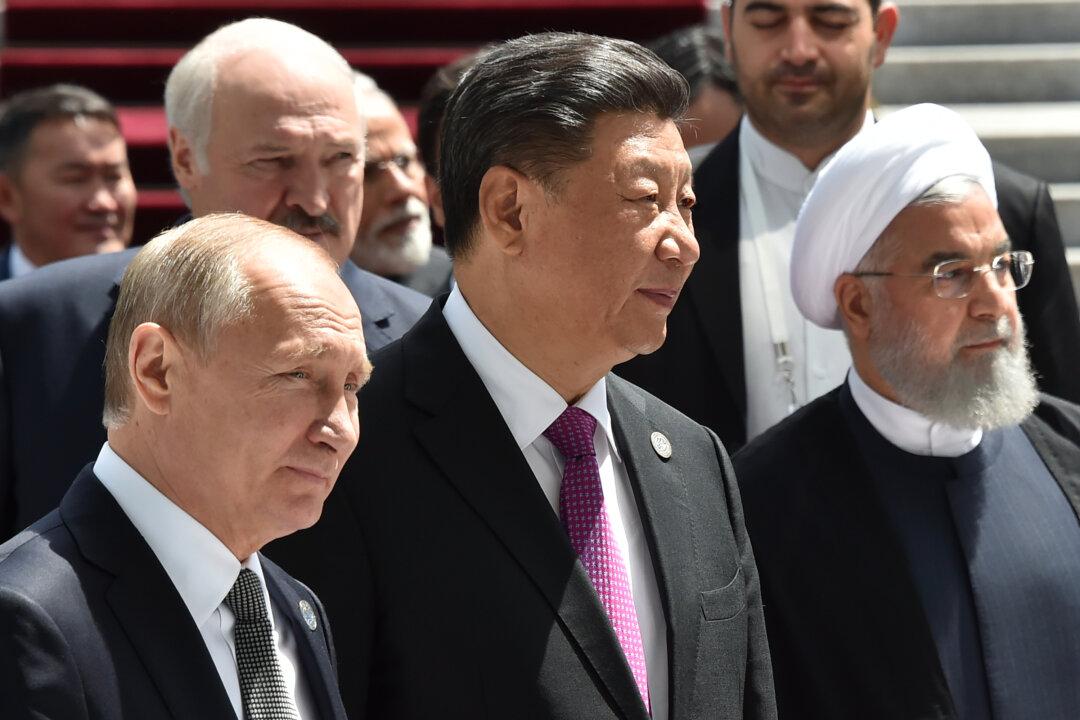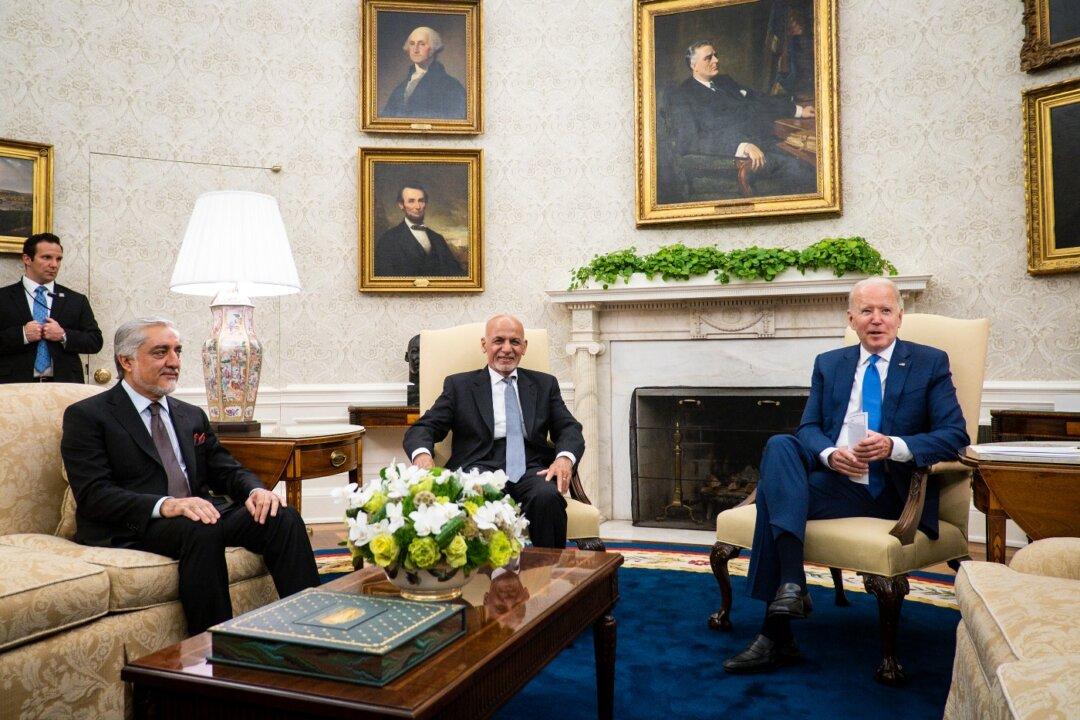Commentary
Deng Xiaoping, the Chinese Communist Party leader who created China’s economic revival, rooted his Four Modernizations in Premier Zhou Enlai’s 1975 statement that China must modernize. Deng called for comprehensive modernization in four sectors: agriculture, industry, science and technology, and defense. Deng consciously placed the People’s Liberation Army last in line, though its time would surely come.





